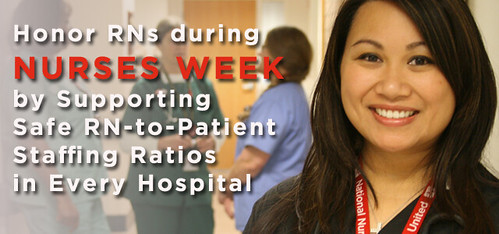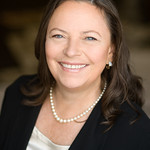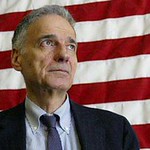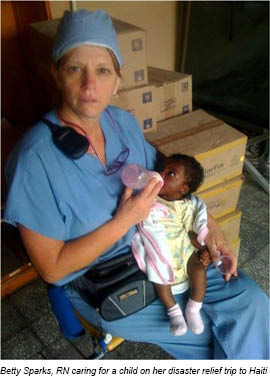As California grapples with implementation of the Affordable Care Act, it’s worth emphasizing that the significant gaps in the federal law call out for stronger action in the states to address a healthcare emergency that is far from over.
One immediate step would be to expand the publicly-financed and administered California Medi-Cal program, the most efficient way to cover additional state residents still shut out by our broken healthcare system.
Examples of the ongoing crisis are everywhere.
The California Healthcare Foundation reported recently that over the past decade the percentage of California employers providing health coverage has fallen from 71 to 60 percent. Of those still providing health benefits, cost shifting to employees and benefit cuts is increasingly the norm.
Private health insurance companies remain the cause of cost and access problems. Premiums in the past decade in California have exploded by 170 percent, more than five times the inflation rate. Demands by the state’s biggest health insurance firms for double digit rate increases is a daily news story. Average premiums for California families now average close to $17,000 a year, the report found.
Nationally, advocacy groups including the American Heart and Diabetes associations wrote to the Obama administration in early April objecting to rules allowing insurers to postpone compliance with rules capping lifetime limits on care. Another 40 other groups representing patients with AIDS, lupus, cancer, epilepsy warned delays in out-of-pocket limits will “disproportionately harm people with chronic diseases and disabilities.”
The Centers for Disease Control reported, also in early April, that one fifth of low income Americans skip needed medications because of the cost which can lead to “poorer health status and increased emergency room use, hospitalizations, and cardiovascular events.”
The U.S. now ranks dead last among 17 major industrial powers in life expectancy, according to a January report by the National Research Council and the Institute of Medicine.
Low income Californians are unable to count on the good will of “non-profit” hospitals to pick up the slack. A report by the California Nurses Association last August found that private, non-profit hospitals in California collected over $1.8 billion in 2010 in government subsidies beyond what they provide in charity care. The cost to our hard pressed cities and counties alone topped $1 billion.
Adding up the toll of these various numbers, and more, indicate the importance of the Medi-Cal expansion.
Nurses on the front line see the deadly results of the lack of coverage, especially combined with the inability of patients who have lost their jobs, health coverage, and homes, to pay huge medical bills.
Expanding Medi-Cal would bring immediate help to many of those patients and families.
Under the ACA, the federal government is committed to covering 100 percent of the costs of the expansion for the first three years and 90 percent of the costs after that. We also need to resolve any barriers to access under Medi-Cal, such as visit limits.
But there are other economic and humane reasons why it benefits all Californians. Those include increased worker productivity by a healthier population that also strengthens the state budget with additional tax revenues, and the reduced spread of communicable diseases as more low income people are able to get medical care.
Expanding Medi-Cal is only part of the answer. We need to hold all sectors of the healthcare industry accountable, such as proposed in AB 975, by Assembly members Bob Wieckowski and Rob Bonta. It would establish uniform standards for private, non-profit hospitals to meet their obligation to provide charity care, and provide them with a financial incentive to reduce the burden of providing care on local governments and public safety net hospitals.
Ultimately, nurses believe over-turning the private insurance-based system is the only comprehensive solution. That’s why we will continue to advocate for updating and expanding Medicare to cover everyone, the type of rational approach that has allowed every other industrial nation to control costs and surpass the U.S. in most health barometers.
In the meantime, let’s work together on the important reforms we can enact today, such as expanding Medi-Cal.
—
Malinda Markowitz is a registered nurse and co-president of the California Nurses Association/National Nurses United













